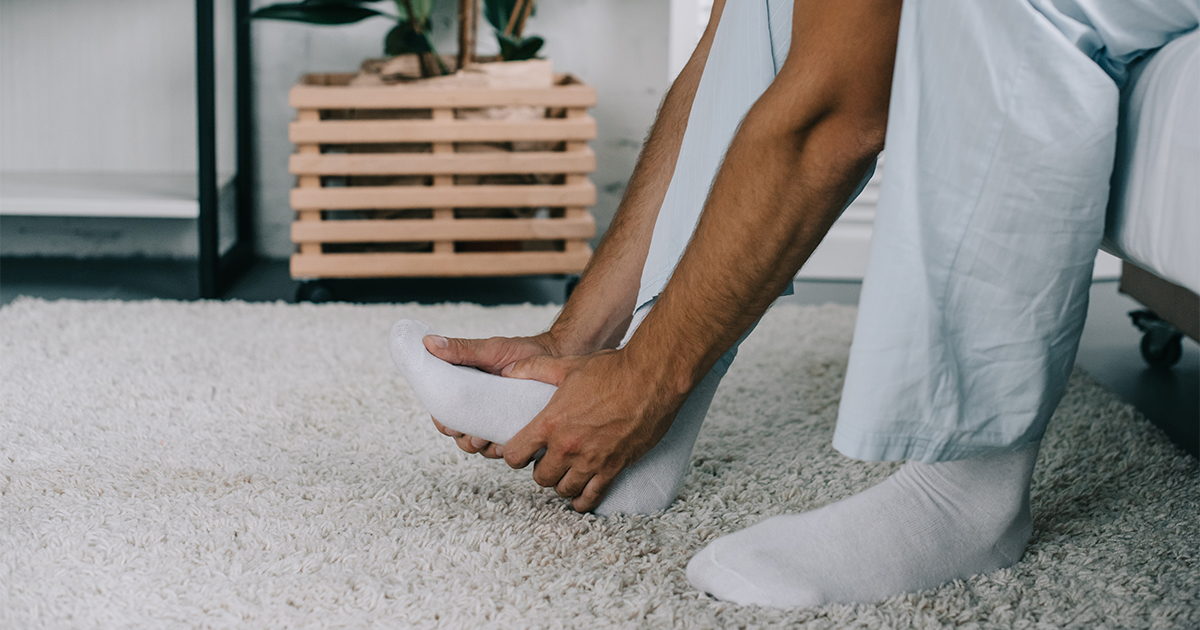Common Symptoms of a Pinched Nerve: Finding the Source of Your Pain
That sudden shooting pain down your leg, the persistent tingling in your fingers, or a muscle that just won't stop twitching – these aren't just random annoyances; they could be your body's urgent signals of a pinched nerve. This common and often painful condition occurs when surrounding tissues like bone, cartilage, muscles, or tendons place undue pressure on a nerve, disrupting its function and sending out a cascade of uncomfortable symptoms. Whether sparked by an injury, the repetitive strain of daily activities, or underlying conditions like arthritis, a pinched nerve demands attention. Ignoring its whispers can lead to worsening pain and even lasting damage. Recognizing the diverse ways it can manifest is the first crucial step towards finding relief and reclaiming your comfort. Let's explore nine common indicators that your body might be telling you a nerve is under pressure.
1. Muscle Weakness

Muscle weakness develops in patients who have experienced a pinched nerve for a prolonged period. This symptom can significantly impact a patient's quality of life and their ability to be active. For example, patients who have a pinched nerve in the wrist may have pain while driving, lifting objects, or opening jars. Patients with a pinched nerve in the back may have pain while walking, and they may reduce their activity as a result of this pain. To help strengthen muscles, clinicians often recommend a course of physical therapy, and patients can wear a brace that may help alleviate some pressure on the nerve. Some patients may find it easier to perform potentially painful activities while wearing a supportive brace. However, patients should be careful to rest the affected area according to their doctor's instructions, as overuse can aggravate symptoms.
2. Pins And Needles Sensation

A pins and needles sensation typically feels like burning or as though the affected area is 'asleep.' This sensation is particularly common in patients who have carpal tunnel syndrome, a compressed nerve in the wrist. Many patients find the pins and needles sensation worsens at night. To reduce this sensation, patients may need to monitor their posture. For example, if the sensation occurs in the wrist, patients may be able to reduce it by keeping their wrist straight and not placing excess weight on it. Bending the wrist or sleeping with the head on top of the wrist usually exacerbates this issue. Depending on the severity of this sensation, clinicians may recommend patients take pain relievers or apply a pain relieving topical gel to the area. Gentle movement can also help alleviate this sensation, and patients may wish to try some slow exercises that use elastic bands to develop their range of motion. An orthopedist or neurologist can evaluate pins and needles and help the patient decide on the most appropriate treatment option.
